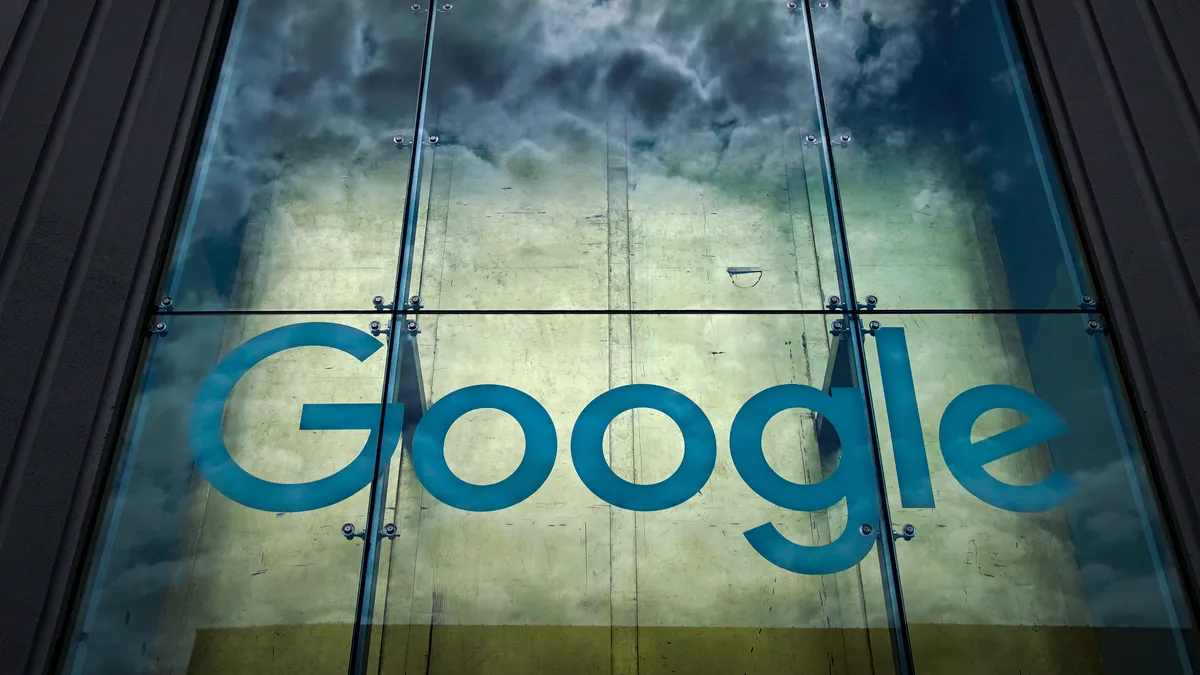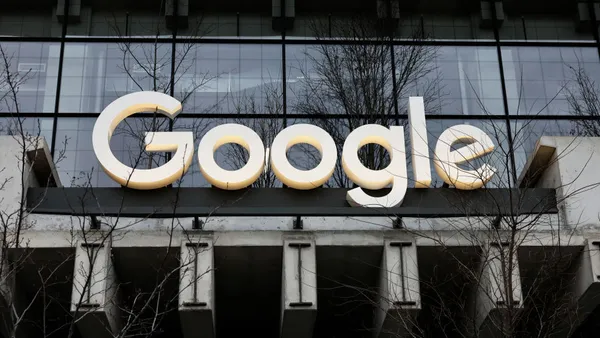The U.S. Department of Justice has filed suit against Google, accusing the tech giant of abusing its monopoly power over the digital advertising industry. The complaint seeks to "halt Google’s anticompetitive scheme, unwind Google’s monopolistic grip on the market, and restore competition to digital advertising."
The suit further alleges that Google has "corrupted" competition in the ad-tech industry by "engaging in a systematic campaign to seize control of the wide swath of high-tech tools used by publishers, advertisers, and brokers, to facilitate digital advertising" and by using "anticompetitive, exclusionary, and unlawful means to eliminate or severely diminish any threat to its dominance over digital advertising technologies."
The DOJ is joined by Virginia, California, Colorado, Connecticut, New Jersey, New York, Rhode Island and Tennessee in the suit. The complaint claims that Google's plan to firm up a monopoly has been "simple but effective," focused around neutralizing or eliminating competitors through acquisitions and wielding its dominance to force publishers and advertisers to use its products at the expense of others.
"Whenever Google’s customers and competitors responded with innovation that threatened Google’s stranglehold over any one of these ad tech tools, Google’s anticompetitive response has been swift and effective," the suit said.
The suit alleges that Google keeps at least 30 cents, and sometimes far more, of each advertising dollar that flows from advertisers to publishers through its ad-tech tools — a percentage that even Google admits would be far less in a competitive market.
Among other things, the DOJ is pushing for Google to divest, at minimum, the Google Ad Manager suite, including its publisher ad server, DoubleClick For Publishers, and its ad exchange. Previous reporting indicated Google was open to spinning off its ad auctioning and ad-serving business into a separate company under parent company Alphabet in a bid to alleviate regulatory pressure.
Even amid softening ad spend, Google grew revenue 6% year-on-year in the third quarter to reach $69.1 billion. But while Google is still the leading player in the market, its share of overall U.S. digital ad revenue is down to 28.8% from a high of 34.7% in 2017.
The lawsuit comes as the so-called “duopoly” of Google and Meta now command less than 50% of the digital ad market as alternative solutions enabling first-party data and intelligence are winning share, according to Neej Gore, chief data officer at Zeta Global.
"The Martech and Adtech industries have been evolving and converging, enabling more options and lessening Google’s command on demand, supply, and the intermediary exchange. Sophisticated marketers are already choosing other providers that deliver more transparent addressability and measurable ROI,” Gore said in email comments.
The long-anticipated suit comes as Google faces a host of antitrust complaints from groups of state attorneys general, in addition to scrutiny from European regulators. It follows a previous DOJ lawsuit filed in 2020 that is focused on anticompetitive search practices. That case is expected to go to trial in September.
The company will next announce earnings on Feb. 2.















